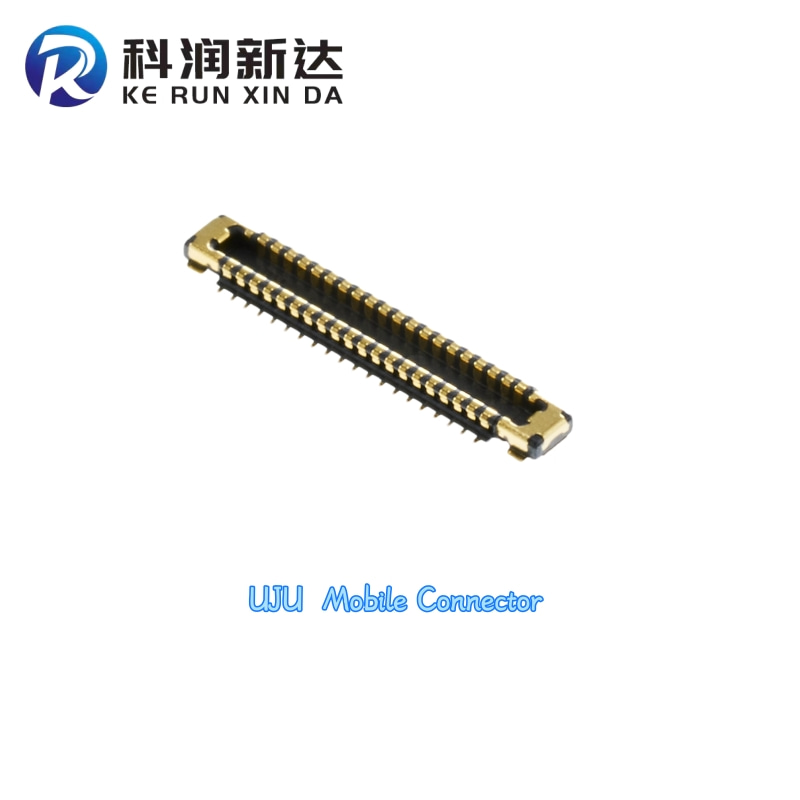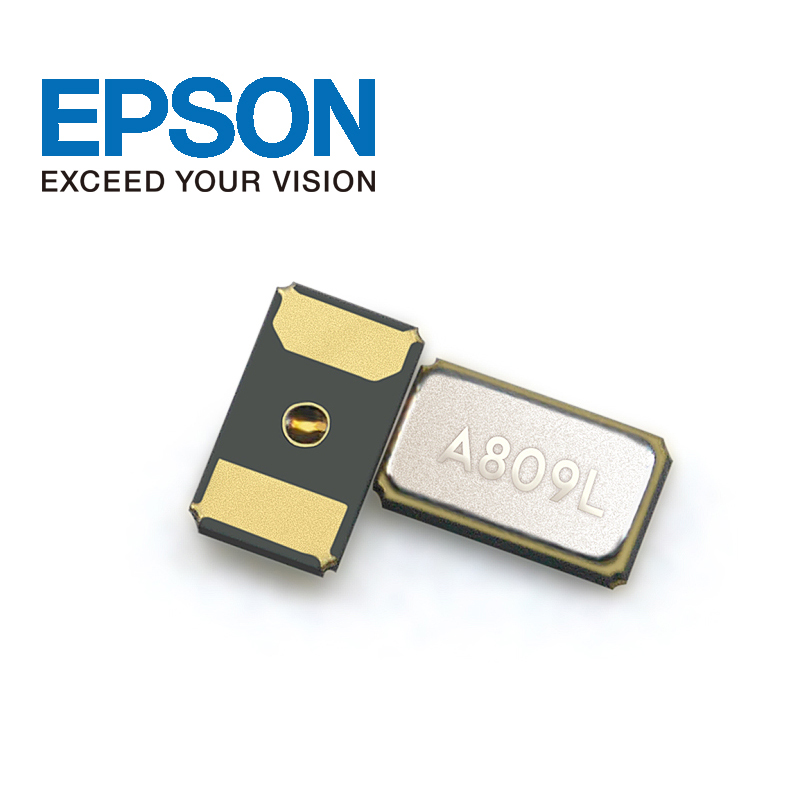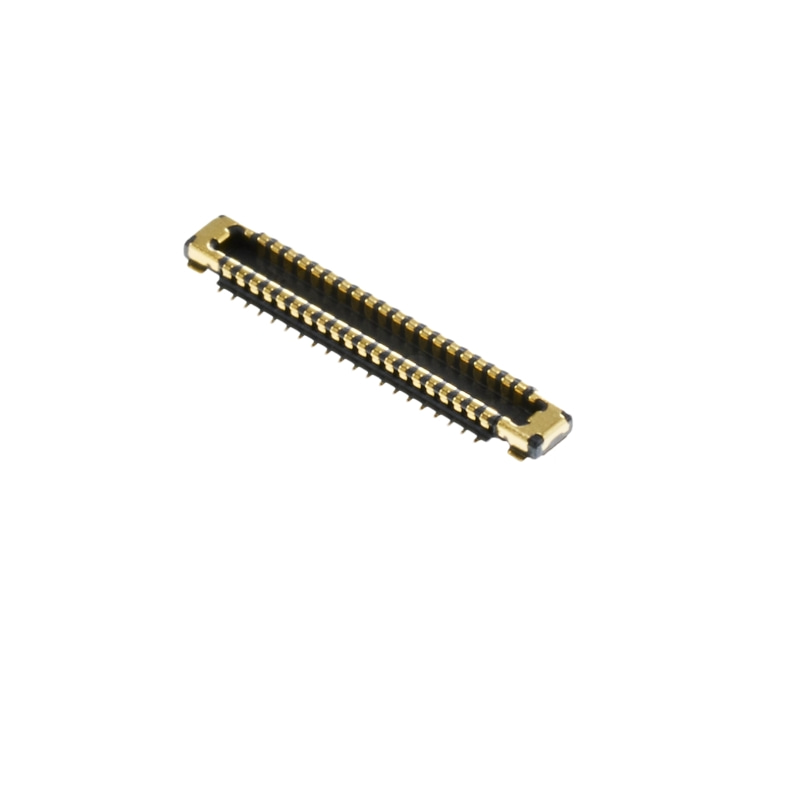Connectors for high-speed data transmission
High-speed connectors are key components in modern communications and data transmission that support high-speed signal transmission to meet the ever-increasing demand for data transfer rates. The design and manufacture of these connectors requires consideration of terminology such as signal integrity, electromagnetic compatibility (EMC), differential signal transmission and crosstalk to ensure the reliability and efficiency of high-speed data transmission.
Globally recognised connector brands such as TE Connectivity, Aptiv Molex, Hirose, JST and Amphenol have in-depth research and extensive product lines in the field of high-speed connectors.
TE Connectivity's Micro-D series of connectors are known for their miniaturised design and high-speed transmission capabilities and are widely used in aerospace, defence and industrial applications. These connectors are designed with differential signal transmission technology, which effectively reduces crosstalk and electromagnetic interference in signal transmission.
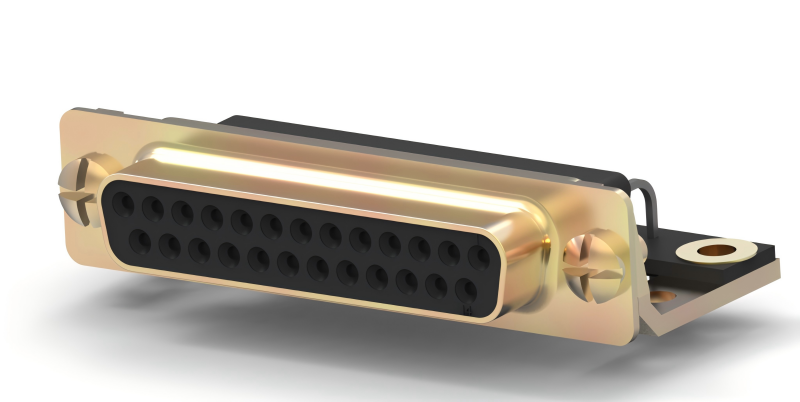
TE Connectivity D-Sub Connectors PCB D-Sub Connectors
D-Sub connectors are used for signal circuit applications and have an operating temperature range of -55 to 105°C.
Hirose's HFBR series connectors are designed for high-speed data communications and support data rates up to 56Gbps. These connectors feature advanced designs such as differential pair balanced transmission and optimised signal paths to reduce signal attenuation and crosstalk.
JST's DH series connectors are known for their stability in high-frequency signal transmission. These connectors are designed with impedance control and EMC in mind for wireless communication and RF applications.
Amphenol's high-speed connectors, on the other hand, are recognised for their reliability in extreme environments, particularly in the automotive and industrial Ethernet sectors.Amphenol's products incorporate special shielding techniques and materials to improve signal immunity.
In high-speed connector terminology, ‘signal integrity’ refers to the fidelity of a signal during transmission, including its amplitude, phase and frequency characteristics. Differential signal transmission’ is a way of using pairs of wires to transmit signals, which can significantly improve the signal's immunity to interference.
‘Crosstalk’ refers to the effect of one signal transmission path on another neighbouring signal path, which requires special attention in high-speed connector design. Electromagnetic compatibility’ refers to the ability of equipment to work properly in an electromagnetic environment without causing interference to other equipment.
Through the cases of these well-known brands, we can see the high standard of high-speed connectors in design, material selection, performance testing and environmental adaptability. The use of terminology such as ‘signal integrity’, ‘differential signal transmission’, ‘crosstalk’ and ‘electromagnetic compatibility’ not only demonstrates the high standard of connector design, but also its ability to operate without causing interference to other devices. The use of specialised terms such as ‘signal integrity’, ‘differential signal transmission’, ‘crosstalk’ and ‘electromagnetic compatibility’ not only reflects the professionalism of the connector industry, but also helps manufacturers and users of high-speed data transmission equipment to more accurately assess the performance and technical requirements of connectors.
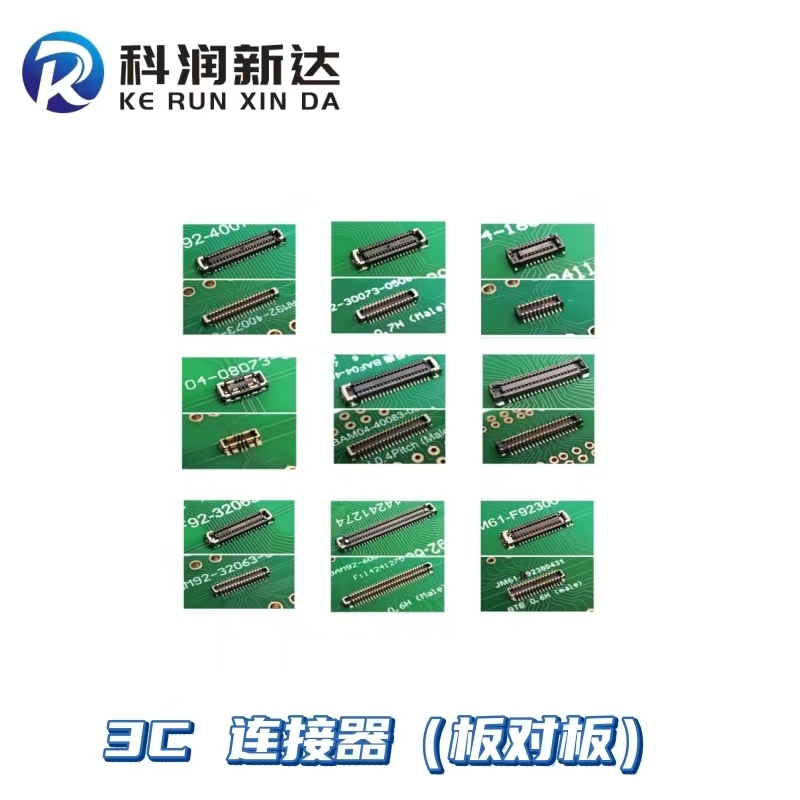 LCN (LCN Electronics)Board-to-
LCN (LCN Electronics)Board-to-


